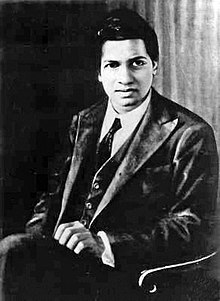Wright State University Lake Campus/Showcase/2016-9/Eng 1100/PHY1050 Reflective essay

This is a reflective essay written by me (Breanna Sims) on November 4th, 2016 that is based on this YouTube video:
S1: 1-1+1-1+1-1...infinitely
S2: 1-2+3-4+5…. infinitely
S3: 1+2+3+4+5+ infinitely
I believe that the mathematicians in this video are horribly wrong for many reasons. They're trying to prove that S3: 1 + 2 +3 + 4 + … the rest of the whole numbers imaginable infinitely is equal to -1/12. The most obvious reason why this is incorrect is because the very definition of infinite, according to Webster's Dictionary, is the quality of having no limits or end : a space, amount, or period of time that has no limits or end. These mathematicians are not only trying to confirm that an infinite equation has a finite answer, but they are also not even solving the entire equation. Multiple times throughout their demonstration they pick places in the equation to stop and average the stopping points. While stopping in different places of these equations they're proving to themselves that there isn't a definite answer, so averaging multiple wrong answers found in various places of the equation is completely inaccurate. They're incorrect, because they also use this logic defying technique to put limited answers on the other two infinite sum equations, S1 and S2, before using those wrong answers to help equate their answer for the S3: 1 + 2 + 3 + 4 +... sum.
Finally while attempting to solve these equations they manage to add simple numbers incorrectly as well. They say they'd like to add 2 S2s together but while doing so they claim to “shift it along a little bit” and add the two equations insufficiently, and immediately get the incorrect answer.
0123
+456
=579
If I were to “shift this along a little bit” like the mathematicians had in the video, I would have an entirely different, and incorrect, answer.
0123
+0456
=1,686
Wouldn't the principles of basic adding apply to these equations as well?
There cannot be an negative exact fraction as an answer to a problem that is simply infinite positive whole numbers being added continuously.